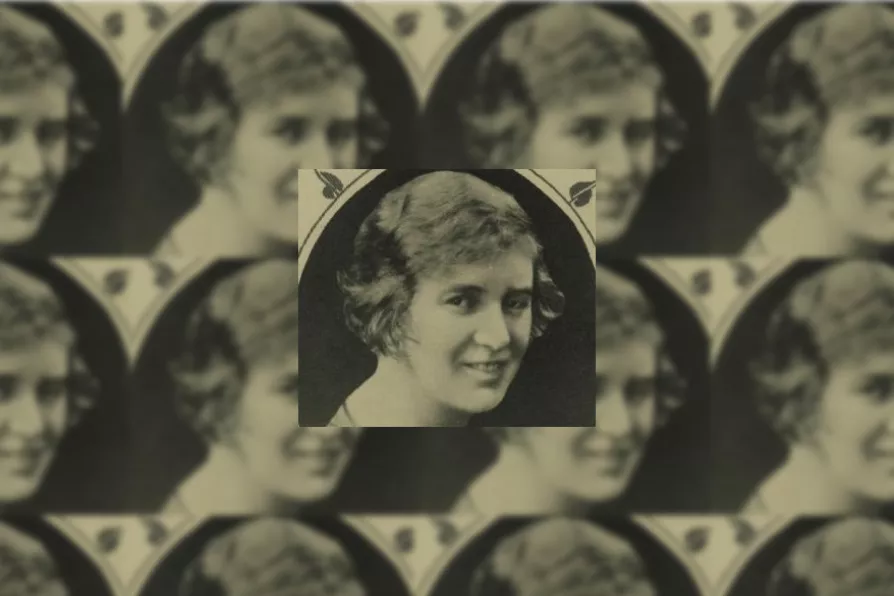ALAN McGUIRE welcomes the complete poems of Seamus Heaney for the unmistakeable memory of colonialism that they carry
The Opposition to the Great War in Wales, 1914-1918 by Aled Eirug
A definitive history of Welsh opposition to the imperialist Great War

 Anti-war activist: Minnie Pallister
Anti-war activist: Minnie Pallister
ALED EIRUG has dug long and deep into a treasure trove of archives and surveyed the already published work of historians and propagandists to convincingly challenge the orthodoxy championed by Professor KO Morgan and others that, from the beginning, the Welsh people danced more enthusiastically than any other to the drums of war.
While Eirug’s statistical case, in terms of recruitment figures for England, Scotland and Wales is neither clear nor conclusive, his panoramic and in-depth account of anti-war activity and sentiment — religious, pacifist, socialist and internationalist — certainly is.
Similar stories

Peter Mitchell's photography reveals a poetic relationship with Leeds

Ben Cowles speaks with IAN ‘TREE’ ROBINSON and ANDY DAVIES, two of the string pullers behind the Manchester Punk Festival, ahead of its 10th year show later this month

RON JACOBS welcomes the long overdue translation of an epic work that chronicles resistance to fascism during WWII

JOHN GREEN surveys the remarkable career of screenwriter Malcolm Hulke and the essential part played by his membership of the Communist Party











